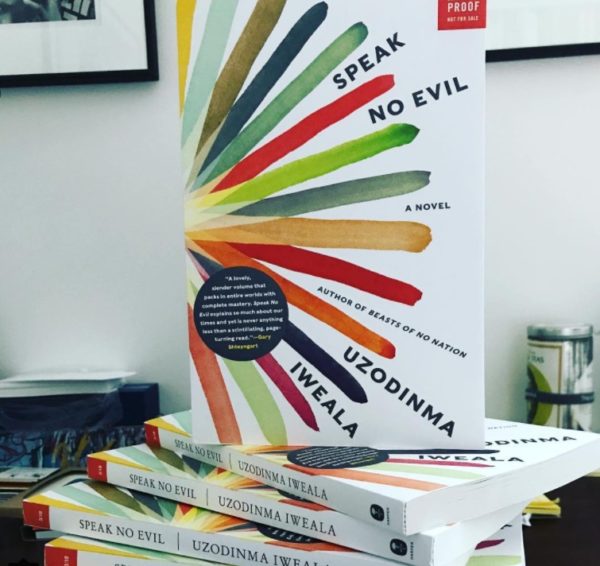
What do your favourite writers read during summer?
Last year, Chimamanda Ngozi Adichie read Isabel Wilkerson’s 2010 historical migration study The Warmth of Other Suns: The Epic Story of America’s Great Migration; and Imbolo Mbue read Jennifer Makumbi’s modern classic Kintu, alongside Jesmyn Ward’s Sing, Unburied, Sing; Naoki Higashida’s memoir of living with severe autism, Fall Down 7 Times Get Up 8; Jonathan Dee’s The Locals; Stephanie Powell Watt’s No One is Coming to Save Us; and Jim St. Germain’s memoir A Stone of Hope.
This summer, Chimamanda Ngozi Adichie, Taiye Selasi, Aminatta Forna, and Kayo Chingonyi have told The Guardian what they would be reading.
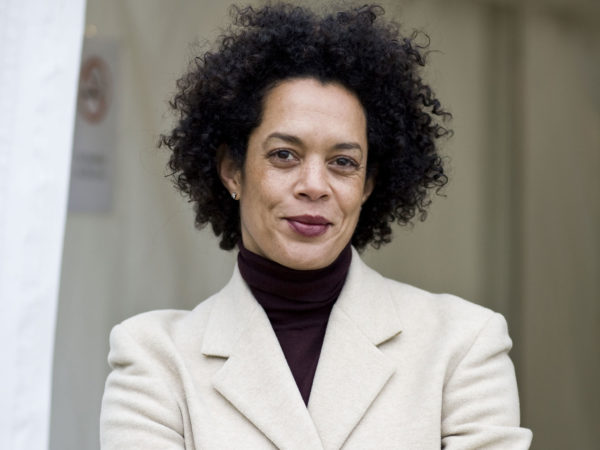
Aminatta Forna
In Calypso (Little, Brown), David Sedaris’s essays marry meditations on family, suicide, grief and mortality with the hazards of bodily functions and frequent travel for his massively popular public readings. Sedaris is as much standup comic as writer, making this a great audio and one for the car journey. I’m currently reading The Female Persuasion by Meg Wolitzer, highly relevant in this fourth wave feminism moment and quietly gripping. I shall also be packing What It Means When a Man Falls from the Sky (Tinder) by Lesley Nneka Arimah, whose New Yorker short stories I have enjoyed. Tsitsi Dangaremba’s This Mournable Body (Graywolf) isn’t out until August, but I shall read it before summer’s end.
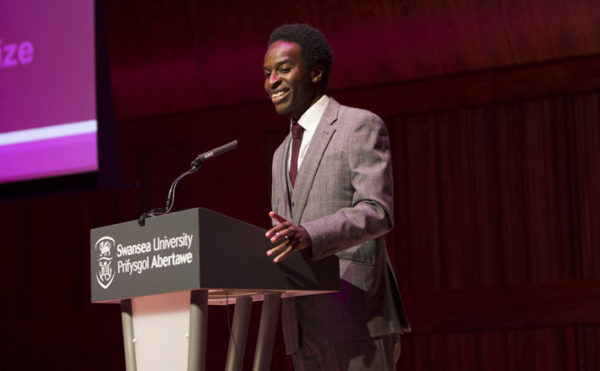
Kayo Chingonyi
Let Me Be Like Water by SK Perry (Melville House) is a wonderful debut novel about how we find our feet again after a bereavement. It’s one of the best evocations of the grieving process I’ve read and is written in a fluid engaging style that draws you in to the protagonist Holly’s world.
There is not a word wasted in Fondue, the second collection of poems by AK Blakemore (Offord Road). I was struck by Blakemore’s gift for crafting memorable and devastating images that stay in the mind long after you’ve closed the book.
I saw Michael Donkor read at Brixton library recently and was enthralled by the extract he shared from his debut novel Hold (4th Estate), which moves between London and Ghana. I am looking forward to reading it in full.
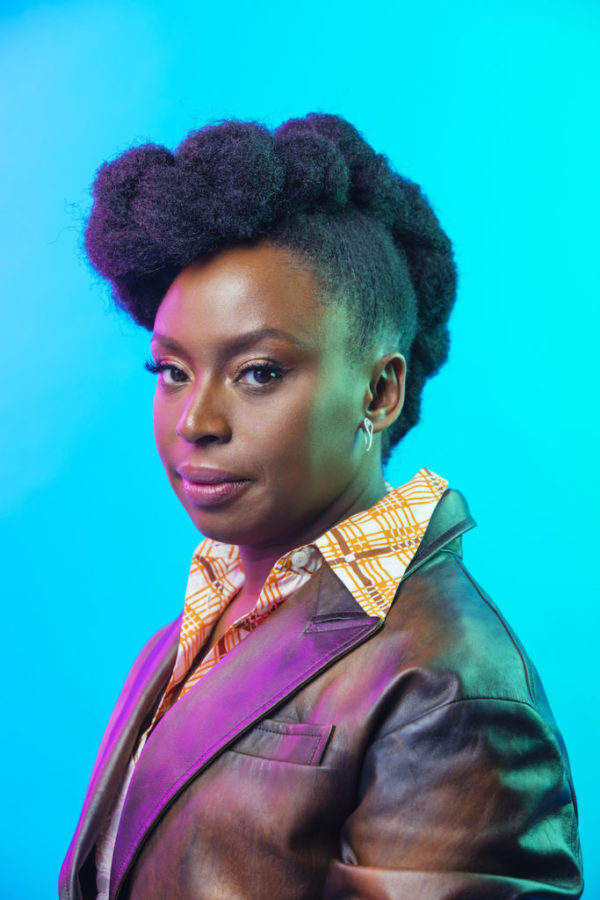
Chimamanda Ngozi Adichie
Meg Wolitzer’s The Female Persuasion (Chatto) is wonderfully dense and wise, a page-turner that succeeds both at character and ideas. It felt true to life.
Cuz: The Life and Times of Michael A (Bodley Head) by Danielle Allen, a memoir about the loss of a beloved cousin, is unbearably moving. It illuminates the injustice often meted out to young black men by the American criminal justice system.
Uzodinma Iweala’s Speak No Evil (John Murray), in which a young Nigerian American comes out as gay, is a coming of age story about the difficult, churning mix of family expectations. It is elegant and elegiac, and evokes Washington DC with subtle power.
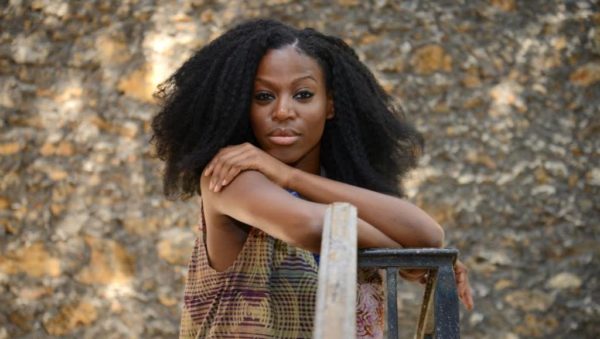
Taiye Selasi
Uprooting her life, London-based Kamin Mohammadi relocated to bucolic Florence. Her glorious memoir Bella Figura is witty, intelligent and heartfelt in equal measure and will delight anyone dreaming of a summer holiday – or a brand new life – in Italy.
Recently optioned to become a film, Katja Meier’s timely memoir Across the Big Blue Sea: Good Intentions and Hard Lessons in an Italian Refugee Home avoids easy sentiment in favour of honesty and humour. The African women we meet at this Tuscan refugee home are fierce, scared, brave, vulnerable — triumphant yes, but human too. A beautifully complex account.
And finally, I cannot heap enough praise upon Freshwater, a daring, sexy debut. Raw and lyrical, Akwaeke Emezi’s semi-autobiographical narrative takes on sexuality, spirituality, family and more — all with a clarity that belies her 30 years.
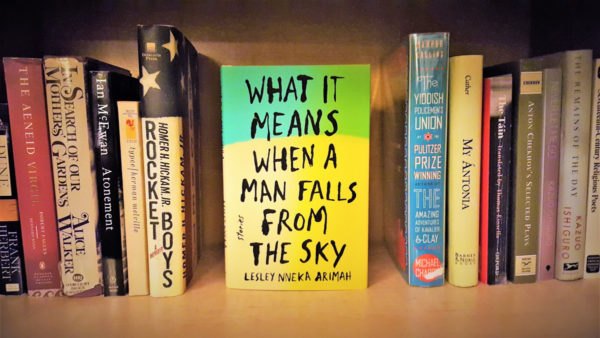









COMMENTS -
Reader Interactions